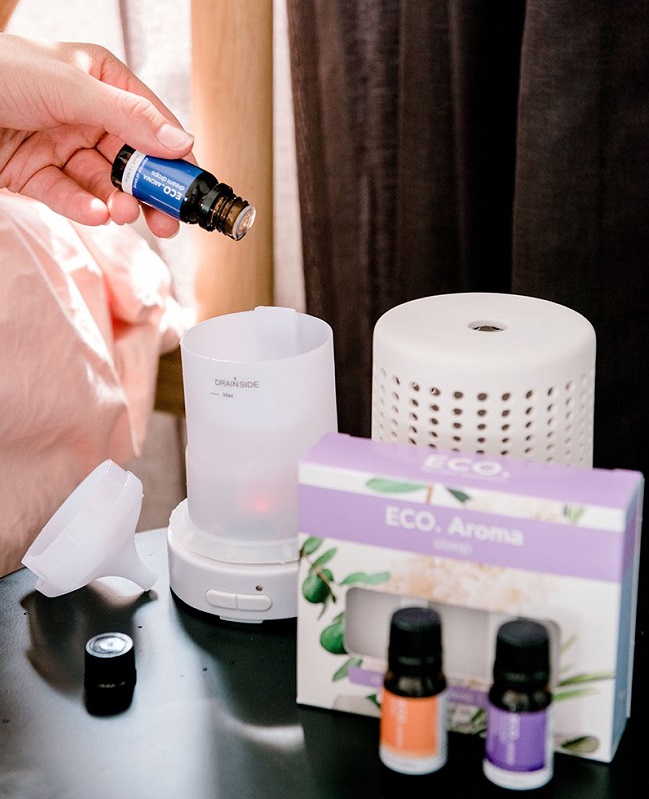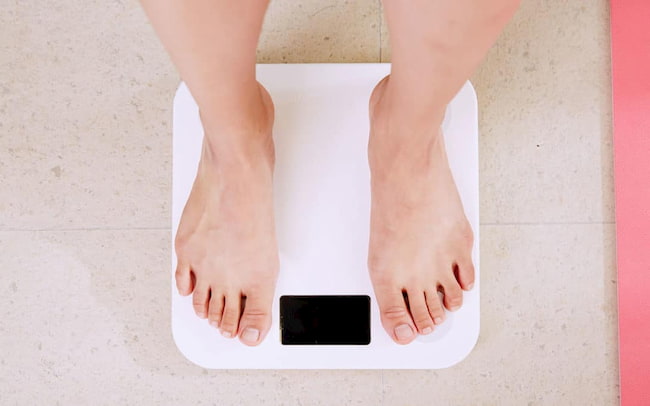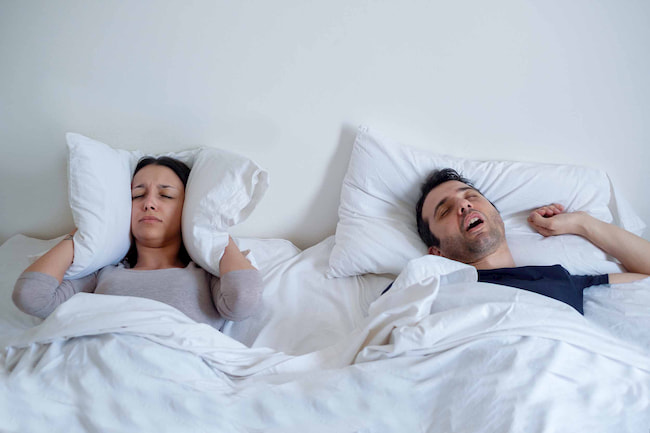Sleep Apnea: The Ideal Home Remedies
Sleep disorders have become quite common in the modern world we live in, and the problem arises when apart from tossing and turning in bed at night, they start affecting your health and overall well-being, interfering with the quality of your life.
Obstructive sleep apnea, also known as OSA, is one of these disorders that can easily turn serious given that it obstructs one’s breathing. Loud snoring is one of the usual symptoms, which is mainly why many people often go undiagnosed, thinking it’s merely snoring and not a disease, so it’s difficult to specify the exact number of Australians dealing with OSA, but roughly it comes to 9% women and 25% men of the population nationwide.

Source: Helpguide.org
Additional symptoms include headaches first thing in the morning, dry mouth and sore throat, waking several times during the night because of choking, mood swings, depression, lack of concentration, as well as daytime drowsiness. One highly efficient way to treat this disease is acquiring a CPAP machine which helps open the airway during sleep. A more drastic approach would be resorting to surgery.
However, if you find the machine, or rather the mask, quite uncomfortable (even after you’ve really tried to get used to), and surgery sounds far-fetched, there are some other solutions you can try as to minimise the effects of OSA and protect yourself from high blood pressure, heart disease, strokes and other health issues.
1. Aromatherapy
The benefits of aromatherapy have been used for centuries especially when it comes to rest and relaxation so if you want to cut down the symptoms, like snoring, home remedies for sleep apnea such as essential oils that help soothe and calm your nerves are the perfect choice.
Some of the best oils options that promote restful sleep are lavender, eucalyptus, peppermint, camomile, geranium, lemon, valerian and marjoram. The first has mostly been the subject of scientific research and it’s long been known for its positive effects on sleep, but you can also be sure of its help regarding the airways, as it can help clear the sinuses.

Source: Ecomodernessentials.com.au
Eucalyptus is an oil most often used for treating the common cold, as it’s ideal for clearing congestion and clearing the airways. Peppermint is useful for easing nasal irritation, thus it also helps reduce the OSA symptoms, followed by chamomile that positively affects the nervous system and promotes sleep. Geranium is somewhat like lavender in its relaxing effects, whereas lemon has been shown to reduce snoring – both its intensity and frequency.
Valerian and marjoram are home remedies for sleep apnea that promote healthy sleeping by relaxing the muscles and allowing for healthy respiratory function. The best way to use all of them is by humidifying (remember to clean the humidifier properly after every use to prevent bacteria and mould growth!), but if you’d like to use them on your skin, like behind the ears, on the forehead, wrists and neck, make sure you dilute them first with carrier oils.
2. Weight Control
It’s easy to gain weight without even noticing, and in most sleep apnea cases, the patient has to lose weight. This is so because the extra weight with obese patients is responsible for obstructing the airways in which case it’s advisable to change the diet – opt for healthy well-balanced nutrition instead of junk food, and get in the habit of regular exercise.

Source: Sleepcenterinfo.com
Other than losing the weight that’s causing the obstruction, you’d be able to strengthen the muscles and eliminate the need for surgery in the airways. Though not that often, thin people can also develop sleep apnea so in this occurrence surgery could be one of the alternatives.
3. Sleep Position
You’d be surprised how often your favourite sleep position (read: back or supine position) can lead to snoring and something something as simple as turning to the side can ameliorate it, saving you from the symptoms and your partner from a sleepless night. This is because when sleeping on the side, i.e. in the lateral position, your airways remain unobstructed so try to get used to it as much as you can.

Source: Thedoctorweighsin.com
4. Bad Habits
Bad habits like eating heavy foods before bedtime, smoking and drinking alcohol can all contribute to the symptoms that keep you from having restorative and quality sleep. Additionally, don’t forget to establish a sleep routine that can keep up almost every night (try going to bed at the same time to get the rest you need).



